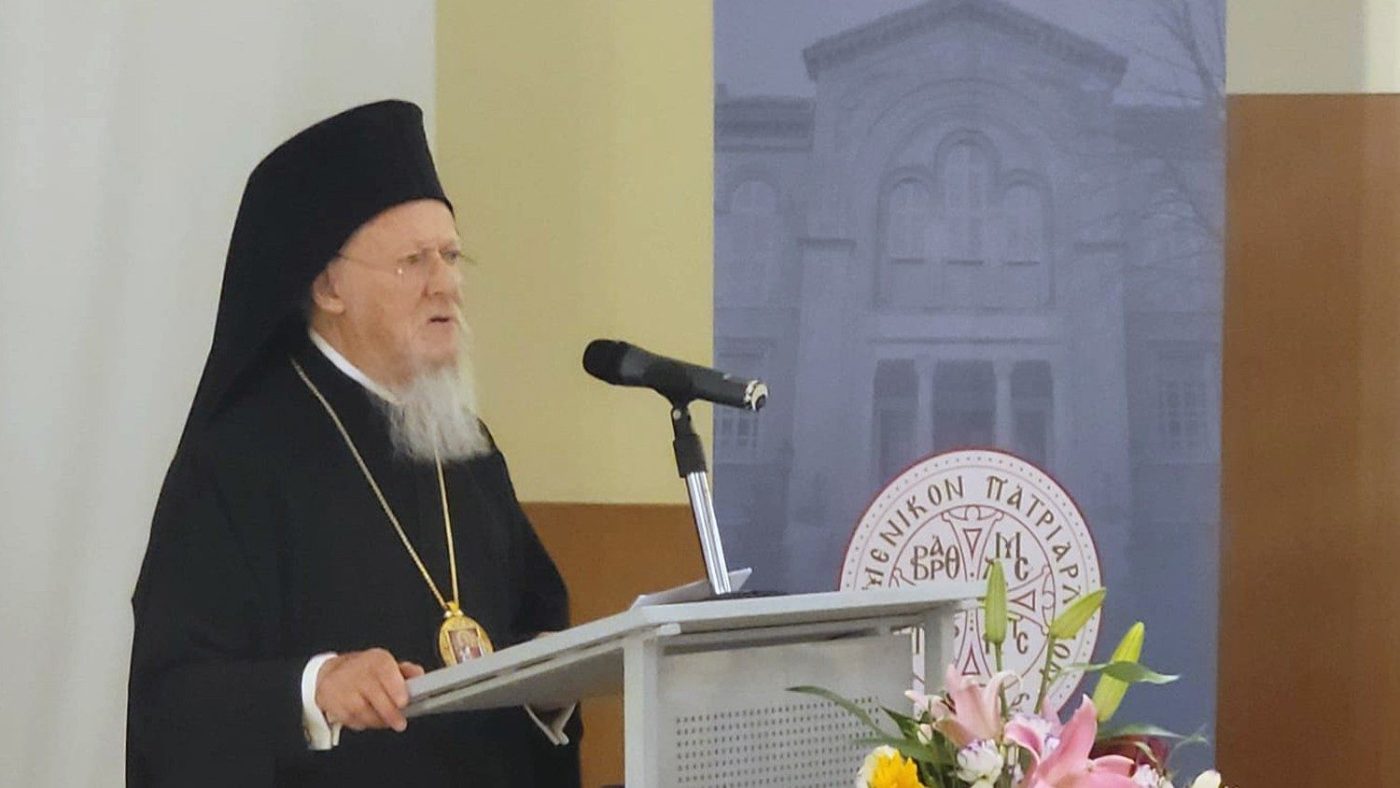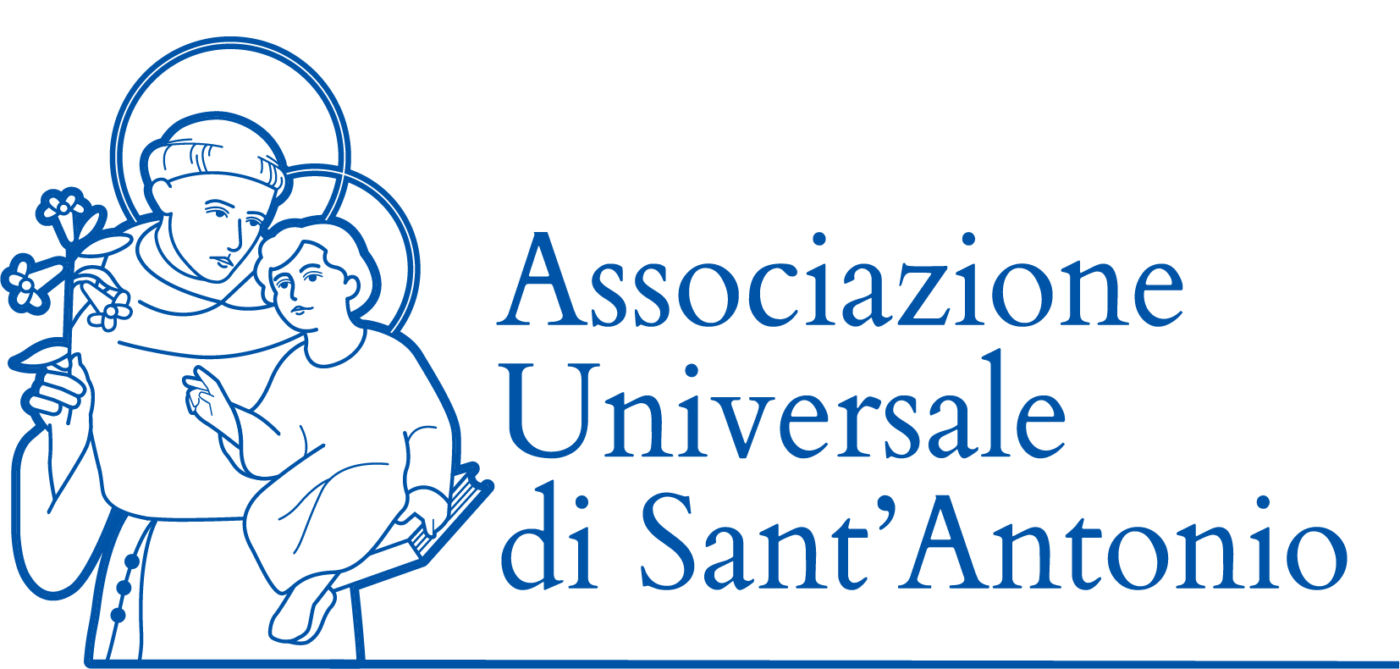By Lisa Zengarini
"Every act of war is also a war against Creation, as it poses a grave threat to the natural environment."
The Ecumenical Patriarch of Constantinople, Bartholomew I, made this strong statement in his annual Message for the Day of Prayer for the Protection of the Natural Environment, and the beginning of the Ecclesiastical Year, on 1 September.
Horrific ecological devastation in Ukraine
The message refers explicitly the Russian invasion Ukraine, “which is associated with horrific ecological devastation.”
“The pollution of the atmosphere, of water and earth by bombings, the risk of nuclear holocaust, the emission of dangerous radiation from nuclear plants producing electrical energy, the carcinogenic dust from exploding buildings, the destruction of forests and depletion of arable agricultural property—all these bear witness to the fact that the people and ecosystem of Ukraine have undergone and continue to undergo incalculable losses,” Patriarch Bartholomew writes.
He therefore urged again for an immediate end to the war and opening “sincere dialogue”.
Environmental rights threatened by climate change
Noting that the notion of human rights has expanded today to include environmental rights, the Patriarch remarked that the struggle for the respect of human rights cannot ignore the fact that they “are threatened by climate change, the shortage of drinkable water, fertile soil and clean air, but also by environmental degradation in general.”
Hence the urgent call that the consequences of the current ecological crisis be addressed above all in terms of human rights. “It is self-evident that these rights, in all their aspects and dimensions” are one thing and inseparable, Patriarch Bartholomew said.
Destruction of natural environment affects above all the poor
While hailing the positive response to the ecological initiatives undertaken by the Patriarchate over the past decades, not only in the Christian world, but also among other religions, in the political world, in civil society, in science, among ecological movements and young people, Patriarch Bartholomew emphasized that the “destruction of the natural environment affects above all the poor."
The message concludes by clarifying that all the efforts made by the Church to create awareness on the protection of the environment "is not simply an additional activity, but is its essential expression and realization as an extension of the Holy Eucharist.”
Environmental protection an integral part of Church's mission
In this regard, he recalled the precious legacy of the pioneer of ecological theology, the late Metropolitan John Zizioulas of Pergamon, who wrote on the Holy Eucharist as a wholistic response to the current ecological crisis.
“In the Divine Liturgy, the natural and material world, along with all of the senses, participate in an inseparable unity. This world does not exist against, is not an object of man, but is assumed and communed. Holy Communion is not only our union with God and others, but also the assumption of food, the acceptance and appreciation of the natural environment, the incorporation and not merely consumption of matter.”
Like the Orthodox Church, Catholics worldwide too celebrate 1 September as the World Day of Prayer for the Care of Creation, which Pope Francis established in 2015 to mark the beginning of the month-long Christian Season of Creation running until 4 October, the Feast of St. Francis of Assisi.
On that day, the Pope is expected to publish the second part of his 2015 encyclical Laudato si' on Care for our Common Home, as he revealed during his weekly General Audience on Wednesday, 30 August.
Pope's post for Day of Prayer for the Care of Creation
In a post on X (formerly Twitter) on Thursday, ahead of his departure for his Apostolic Journey to Mongolia, the Pope again recalled the observance: “In this #SeasonofCreation, which begins tomorrow”, he writes , “let us think about these heartbeats: our own, those of our mothers and grandmothers, the heartbeat of creation and of God's heart. https://seasonofcreation.org".
European Churches call for prayer
The theme of this year’s Day is “Let Justice and Peace Flow”, and draws inspiration from the symbol of water, an essential element for life which, however, is still not safely accessible to everyone.
This was recalled by the president of the Council of European Bishops' Conferences (CCEE), Archbishop Gintaras Grušas, and the president of the Conference of European Churches (KEC), Archbishop Nikitas of Thyateira, in a joint statement for the observance.
In the message, the two European religious leaders invite Christians to join in prayer and action so that “justice and peace may flow” to those brothers and sisters who are deprived of drinkable water, either because of drought, floods due to natural or man-made causes, or war, in many places in the world, “where basic needs are hampered or where water is weaponized against innocent civilians.”
VaticanNews


 Italiano
Italiano Français
Français
